Ahousaht First Nation has re-opened Maquinna Marine Provincial Park and Hot Springs to the public.
Located a 1.5-hour boat ride northwest of Tofino, the natural geothermal hot springs was shuttered for more than two years due to pandemic restrictions.
During the closure, BC Parks worked alongside Ahoushaht’s Maaqutusiis Hahoulthee Stewardship Society (MHSS) to upgrade the infrastructure with a new, $1-million cedar boardwalk trail.
READ MORE: Maquinna Marine Provincial Park boardwalk project on track
MHSS is responsible for managing economic development for the nation. Its senior advisor, Tyson Atleo, said the opportunity to rebuild the two-kilometre trail to the hot springs provided lasting employment for Ahousaht members and proved to be a major step toward building trust between BC Parks and the Ahousaht nation.
“This was really critical for us. It got our people back into the hot springs, working on the trail, and feeling a sense of ownership and responsibility for this natural asset that we have,” Atleo said.
He acknowledged Ahousaht Guardians Coburn Webster and Malcolm Wells for their “consistent dedication” to the hot springs.
“They are the face of (Maquinna) now. They are there to represent Ahousaht and they will continue to work for us as guardians,” he said.
READ MORE: Hot spots for hot springs, from the Yukon to California
New visitor use management plan
The closure also gave BC Parks and MHSS time to “jointly re-envision” a visitor use management plan, Atleo said.
“We very carefully made a plan to re-open the Maquinna Marine Park with new access conditions,” he said, noting the plan considers ecological values alongside Indigenous culture, economic value and visitor experience.
“Bringing the Indigenous culture into parks management for B.C. was a big deal. It resulted in acknowledging that Ahousaht deserved the opportunity to have some kind of exclusive access for its community members and all Nuu-chah-nulth,” Atleo said.
In the past, there were zero restrictions for commercial tour operators taking guests to the hot springs. According to BC Parks, the annual visitation to Maquinna Marine Park pre-pandemic was about 28,000 to 32,000 visitors with most of the guests visiting between June to September.
READ MORE: Tufted puffins return to Tofino area
Commercial vessels are now only permitted to bring 12 guests on one vessel per day, between the hours of 11 a.m. to 5 p.m.
“Some companies would ‘burn and turn.’ They would be dropping people off and returning with another load of guests. It led to just having a lot of people and just maxing out the capacity of the park,” said MHSS consulting advisor Sarah Reid, adding that one company did as many as 8,500 guests in one year.
Tour operators must hold a park permit to legally take guests to the hot springs. BC Parks says there are currently 14 valid permits for Maquinna Marine Park and a few pending renewal. Park Use Permit application fees are $125 and annual permit fees range from $250 to $500 depending on the activity.
Reid said that the restrictions were designed to “reduce the footprint and impact of the tourism industry on the ecological and spiritual and cultural uses of the site.”
The restrictions are under a trial period which ends in March 2023.
Park fees
BC Parks collects a mandatory $3 day-use fee per person to access Maquinna. Many commercial tour operators tack that day use fee into their day tour rate (which is now about $220 to $230 per person before tax) and remit it to the province.
According to BC Parks, a portion of those day use fees are then paid annually to MHSS to “cover expenses of work outside of the day to day maintenance of the park.” Ahousaht park operators are able to collect and retain the overnight moorage fees at the dock, BC Parks said.
In addition to the provincial $3 day use fee, MHSS is asking visitors to their territory to make a voluntary donation to the Ahousaht Stewardship Fund, an ecosystem service fee that supports trail maintenance and ongoing restoration and monitoring efforts.
“We are asking people to reflect really on where it is that they are and the reason that they are able to create economic opportunity for themselves in this territory and chose to contribute to the Ahousaht Stewardship Fund,” Reid said.
The Ahousaht Stewardship Fund is not new, but Reid said it’s something the nation has never had a concrete way of communicating.
Atleo expressed his thanks to the non-Ahousaht tour operators for recognizing the significance of the new management plan for the community of Ahousaht.
“Even though we have been marginalized from the economic tourism economy, we are rebuilding that and we are aiming to benefit from that sector and we are doing so as a result of partnerships. We are very open to protocols with any tourism operator that is open to working with us,” he said.
Plan your adventures throughout the West Coast at westcoasttraveller.com and follow us on Facebook and Instagram @thewestcoasttraveller. And for the top West Coast Travel stories of the week delivered right to your inbox, sign up for our weekly Armchair Traveller newsletter!

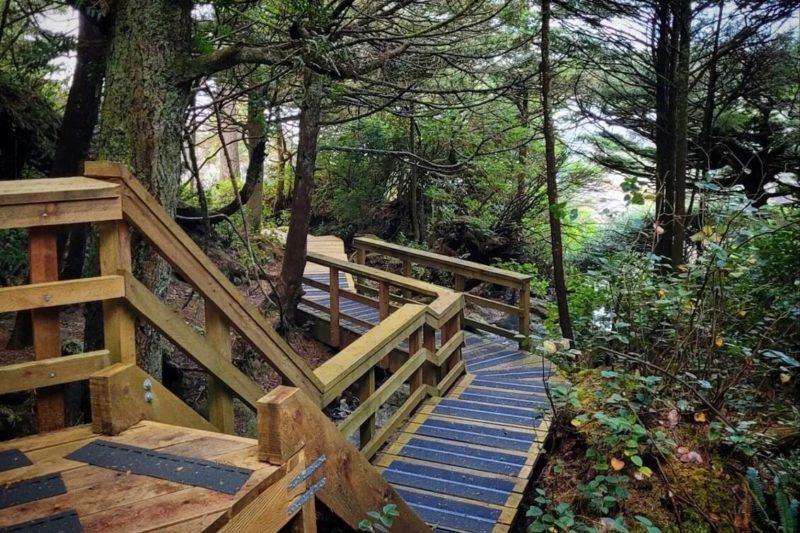
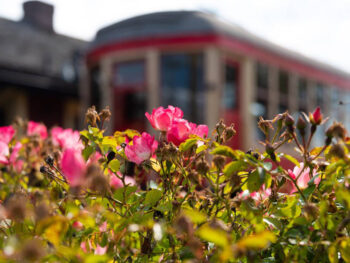

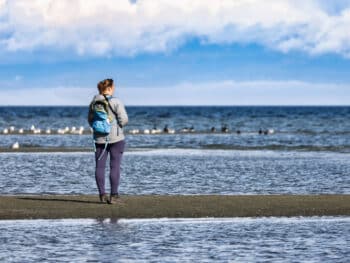
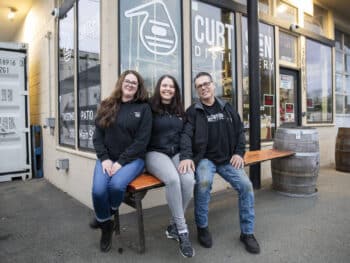

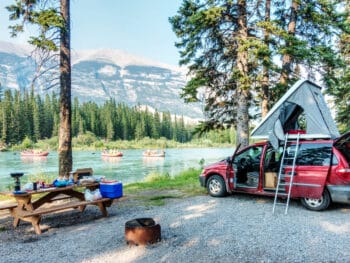

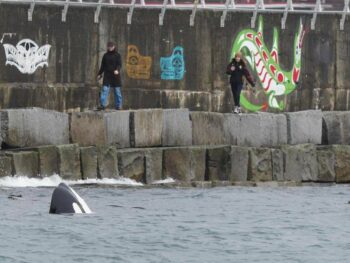
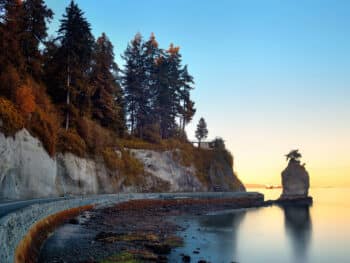
 Exploring the world beneath in Vancouver Island’s famous Horne Lake Caves
Exploring the world beneath in Vancouver Island’s famous Horne Lake Caves